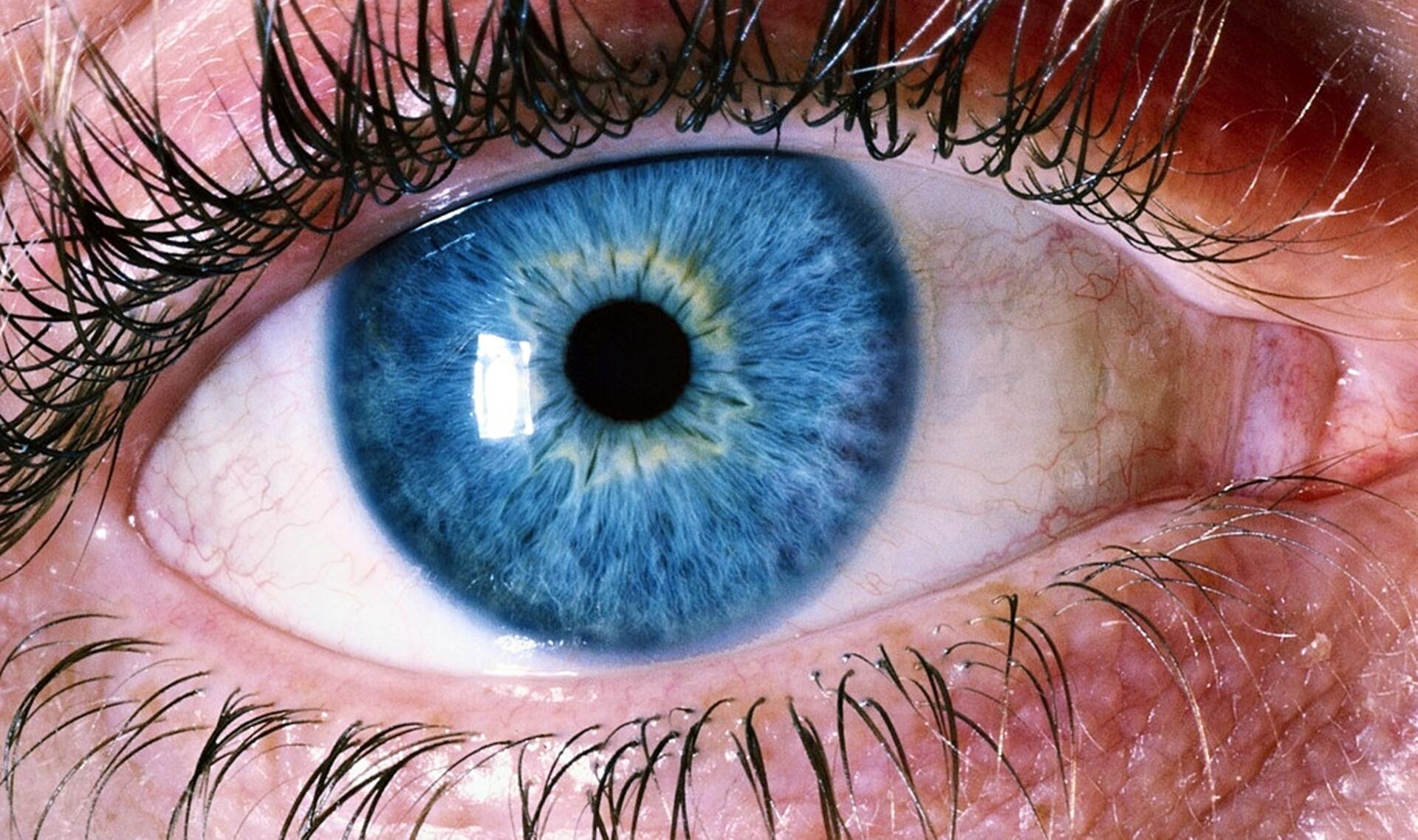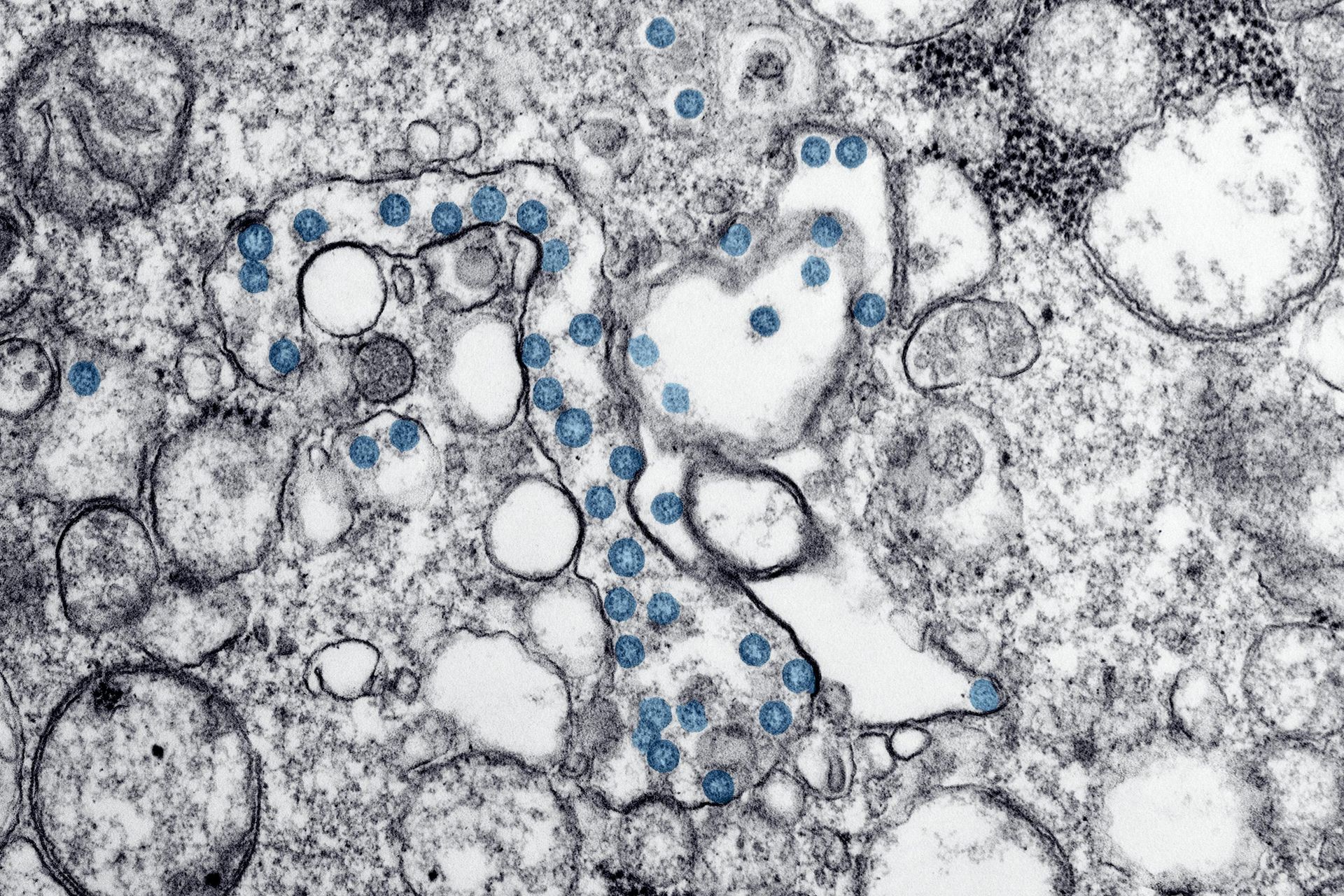Gene Therapy

Blog Vol II , 27, Gene Therapy
I always marvel at the work and research that is going on every day, especially when it comes to treating the eye. We only hear about the successes; there is a lot of unsung work that goes into every therapy or treatment that is discovered. Gene therapy is one of those fields of research. It has a Sci-Fi feel to it, like something from a Michael Crichton novel - that is way out there. In the past two decades there have been some remarkable advancements in the field. The eye disorder, Leber’s congenital amaurosis(LCA), has been the focus of some of this study.
Leber's congenital amaurosis (LCA) is a group of inherited disorders in which the retina degenerates leading to severe vision loss in early infancy. This condition is usually noticed by parents as unusual behaviour, such as abnormal roving-eye movements (nystagmus). The diagnosis is confirmed by both abnormal electroretinographic responses and pupillary light reflexes. Most patients with LCA have severe visual impairment throughout childhood with the vision deteriorating over time, resulting in total blindness by middle age. Until recently there has been no treatment for LCA.
Researchers have linked the disease to mutations or deletions in any one of 27 genes associated with retinal development and function. One of these genes, RPE65, when mutated can cause LCA. Two ophthalmologists who are now at the University of Pennsylvania, Jean Bennett and Albert Maguire, used a harmless adeno-associated virus and programmed it to find retinal cells and insert a healthy version of the gene. The virus was injected into a patient’s eye directly under the retina with good results. In 2017, after a series of clinical trials the FDA approved this new drug, Luxturna, for the treatment of inheritable retinal dystrophies caused by this gene mutation. The treatment, at this time, is quite expensive, at $425,000 US per eye, but people have been treated with funding coming from a variety of sources.
Those treated showed significant improvement, with patients who were once unable to see clearly having their vision restored, and very quickly. Very promising and hopeful, for it opens the door to isolating other genes and…
T’il next week,
the good doctor, Dr. Mark Germain, Burlington Optometrist






